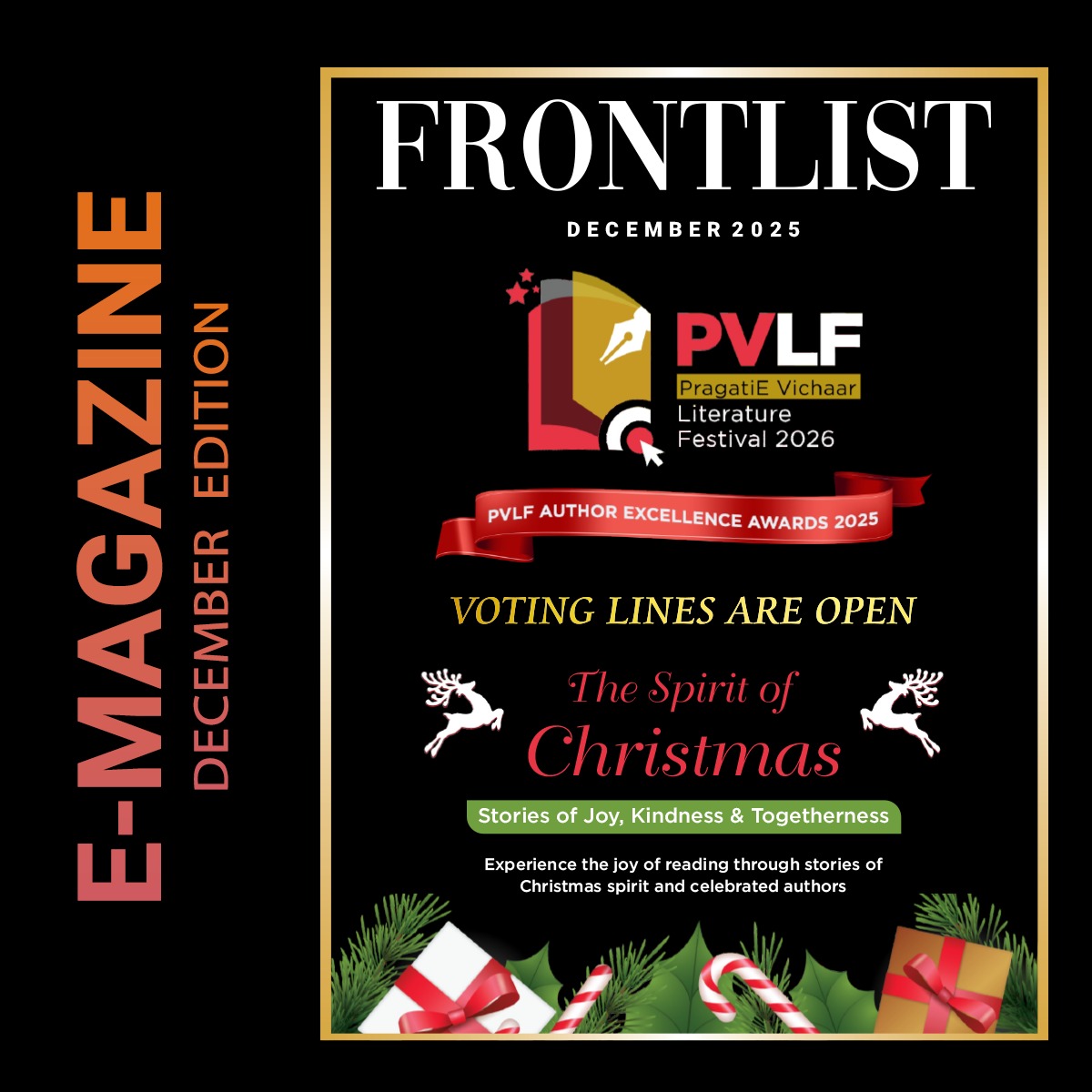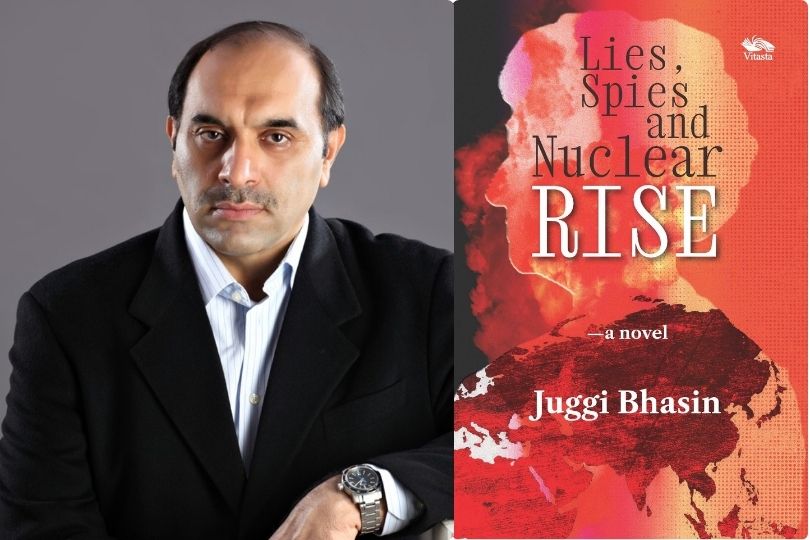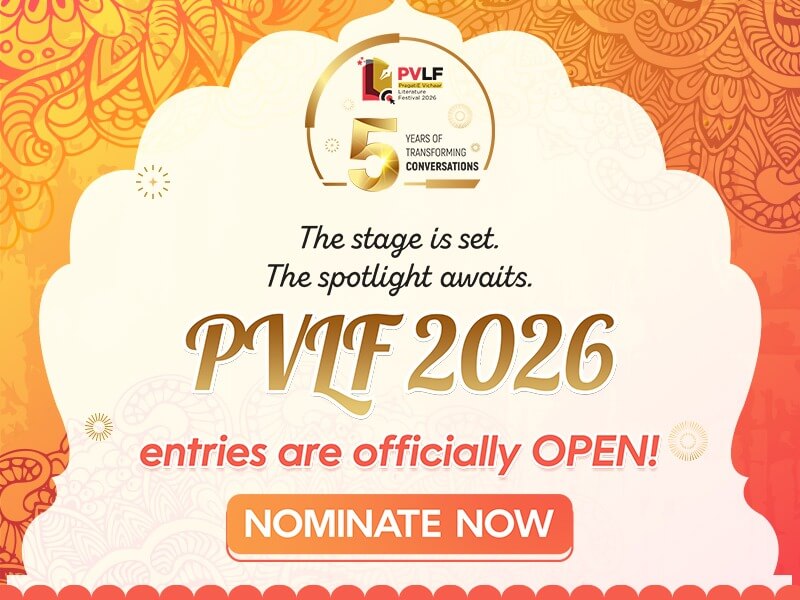Women shape Pakistan’s publishing industry
on Aug 08, 2022

Every year Pakistan hosts a number of literary festivals in cities like Lahore, Karachi and Quetta and hundreds of people line up to listen to famous authors from around the world. Seated on pedestals in large rooms, they all are discussing all things literary with their equally famous Pakistani hosts. There are conversations, there is an exchange of ideas and inspiration, and there is renewed hope and excitement for an industry that was never allowed to stand on its own. And then there is silence.
For Pakistani authors, getting their work published in their own country can be a challenge. Although the literary festivals spread to other cities over time, there has not been a very significant increase in Pakistani authors, but in particular in locally published books written by Pakistanis. Authors used to approach India to get their books published. Not only is it a longer and more time-consuming route, but it is also more expensive, not only for the authors, but also for the readers, who will inevitably buy the books at higher prices because Pakistan has to import them.
High production costs and a lack of infrastructure have led to a lack of publishers, ultimately driving authors to publish their works across borders. However, over the years there have been attempts to fix this and the concept of boutique publishers has become widespread. Even more interesting is that in Pakistan, women have been at the forefront of this change.
There are four women who have transformed publishing at Pakistan and as shared with The Friday Times, here’s what they had to say about the industry.
Safinah Danish Elahi runs a boutique publisher called Reverie Publishers which has been in business since January 2021. Since then, Reverie Publishers has released 8 titles and will be releasing three more soon. She told that prior to Pakistan's ban on importing books from India, the easiest way to publish was through India due to the similar culture, larger audience as well as the presence of all five major publishers in the country. “We were a bit homeless after the ban, because the UK and US is a long process and unless you've spent a lot of time there you don't have the 'right' contacts who very few can contract publishers like that,” she said, asking what a Pakistani writer should do in such an environment. This is why, she says, some people in Pakistan have tried to open doors for local publications. "It's not much, but it's something."
She mentions that the hardest thing about being a publisher in Pakistan is not knowing whether the book would sell or not. "We can do our best with our limited marketing budgets and low-key distribution solutions, but ultimately the market is so small, especially when it comes to people who want to read local stories, that it becomes very difficult to have confirmed sales," she said with a sigh.
Mehr Husain from Zuka Books also agrees with this view. "Publishing is not easy here due to limited English language readership, high production costs due to inflation, lack of protection for authors and their work, and lack of a consumer base that can make publishing financially viable," she told. She got into publishing because she wanted to create a platform that advocates for sustainable publishing and encourages creative freedom.
"Here I want to set a new standard for publishing and for the literary industry in general,” she adds along with this
But not all independent publishers come into existence purely for reasons of space. Taiba Abbas founded Àla Books in December 2019 simply because, as a longtime literature lover, she really loved the whole process of editing, designing and publishing a book. “It was quite a tiring process,” she said, adding, “It took quite a while because there was a lot to learn as well, but it was worth it. Every minute.” Her first book, The Night In Her Hair, co-authored with her mother, was also published by her own publishing company.
She says that the biggest challenge of being a publisher or even a writer in Pakistan is to generate interest in such books written among people. "It's a question of what to do after the book is printed. Unfortunately, we don't have an existing marketing and publicity system in Pakistan,” she said, explaining that the media doesn't care too much about literary arts. “Sure, we have a couple of literary festivals, but that's not enough. We need events like this, associations or support groups that organize something every week,” she also mentioned this, adding that the one change she would like is more excitement generated for the event.
She is aware that there are many production barriers in publishing: the cost of high-quality paper is very high. But she says there's also this idea that anything produced locally isn't as good as something produced abroad or even across the border. The only way to counter this and stay ahead, according to Taiba, is to keep going. “We have to do our thing, if necessary even dip into our own pockets. But we need to produce something that can embody the kind of change we want to represent,” she said. A book has to be more than just the content, which is of course important, but also the design of the book.
"It's something you want to see on your shelf every day, something you want to have on your desk," she told, adding that the production, the design, and the entire art industry that underlies the printing process of a book surrounds, likewise need to be something cultivated and strengthened.
Ultimately, building an industry is all about the ripple effect. One person rolls the dice and inspires others to do the same. After the closure of so many iconic legacy print publications, it seemed like the medium of print had finally breathed its last. But publications such as Mehwish Amin's The Aleph Review have shown this to be false. In fact, a large number of print publications, albeit smaller ones, have appeared in recent years. The latest addition to the group of is Risala’s Mina Malik-Hussain, co-founder of Aleph Review Editor-in-Chief with Hassan Tahir Latif.
“Risala is a print magazine that we hope will serve as a platform to publish younger Pakistani writers and entertain curious children, a place to meet arts, nature and culture and a connection point with other Pakistanis who are doing amazing things in the world,” Mina told.
With the first issue coming out in September, one wonders why anyone would want to create a printed publication, but Mina said that anyone who buys books knows that the experience of printing is something very special, and seeing one’s name in print in a publication is an emotion like no other. She also mentioned how print is more accessible to a wider audience: “Print is also convenient, permanent and cheaper - if you don't have a tablet or phone with a big enough screen, you can still read Risala and enjoy yourself.”
As a newcomer to the world of publishing, she was excited to find that the relatively small industry was filled with many women. However, Mina wishes for more respect for copyrights and intellectual property. "Piracy is rife and the attitude towards art has a strange right - the same people who would pay twice as much for a meal or a pair of shoes are strangely reluctant to buy your book/publication," she said.
Change doesn't happen overnight, but one shouldn’t stop fighting for it. Drop by drop, page by page, this is how an industry in dire need of an overhaul gets reviewed. These women are doing everyone a service by simply doing just that.



.jpg)






.jpg)


.jpg)
.jpg)
.jpg)

.jpg)

.jpg)










Sorry! No comment found for this post.